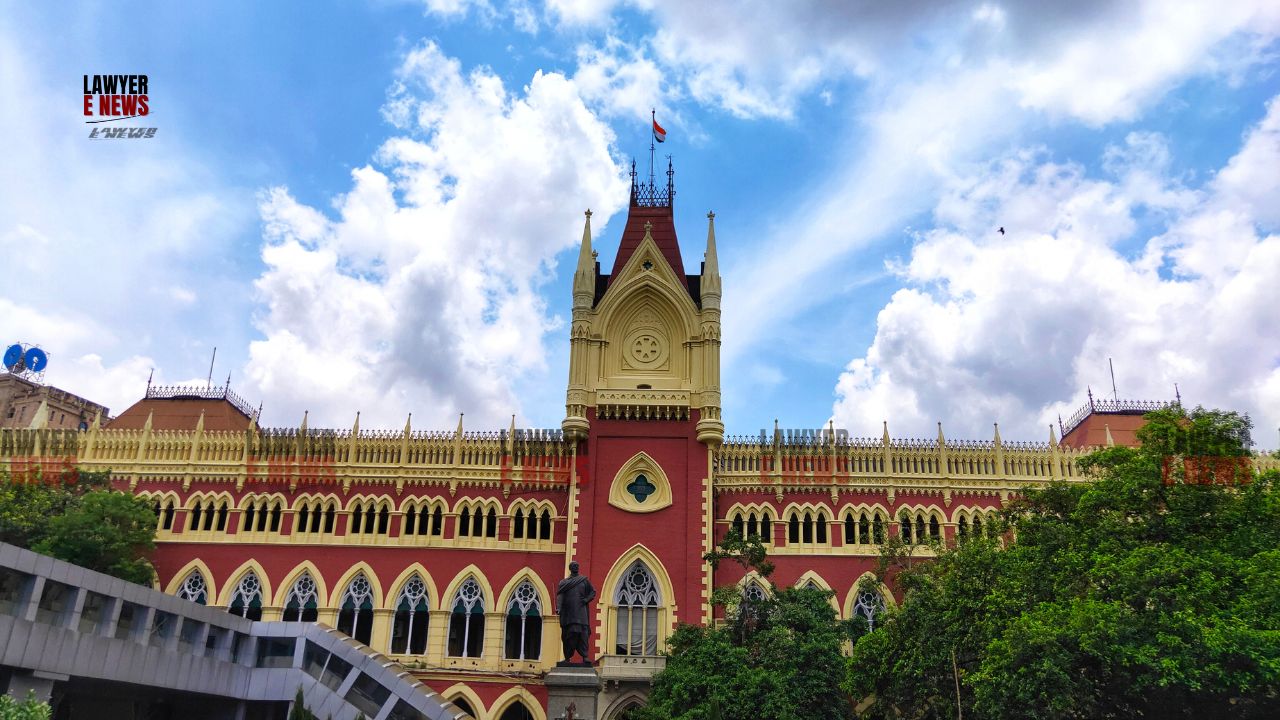-
by Admin
15 February 2026 5:35 AM



On 24th September 2024, the Calcutta High Court delivered a significant ruling in the case of Priyanka Ghosh & Ors. v. The State of West Bengal & Anr., CRR No. 1947 of 2023. The petitioners, involved in an ongoing family dispute, sought the quashing of an FIR under Sections 341, 323, 427, 506, and 34 of the Indian Penal Code, 1860. Justice Shampa Dutt (Paul) dismissed the petition after finding prima facie evidence in the case, directing the trial to proceed. The court, while not mandating mediation, left it to the discretion of the parties to seek an amicable settlement if desired.
The case arises from a longstanding and bitter family dispute between Priyanka Ghosh, her father, and her brother (the petitioners), and the complainant (the opposite party), who is her uncle. Both parties are co-sharers of the same property and have filed numerous criminal and civil cases against each other, including allegations of physical assault, theft, and intimidation. The FIR in question, lodged on 19th March 2022 at Bidhannagar (North) Police Station, accuses the petitioners of abusing, assaulting, and threatening the complainant during an altercation related to property use.
The core issue in this criminal revision was whether the FIR filed against the petitioners, alleging offences under Sections 341, 323, 427, 506, and 34 of the IPC, should be quashed. The petitioners argued that the FIR was a retaliatory move by the complainant in response to previous complaints they had filed. However, the court, upon reviewing the case diary, found prima facie evidence supporting the allegations against the petitioners.
The court also noted that both parties were embroiled in multiple litigations, with five criminal cases filed by the petitioners against the opposite party and three criminal cases, a title suit, and a probate suit filed by the opposite party against the petitioners. The court recognized the acrimonious nature of the dispute but found no reason to quash the FIR at this stage, especially given the existence of prima facie evidence.
Justice Shampa Dutt (Paul) observed that the trial court had already submitted a charge sheet in the case, and the materials on record suggested a prima facie case against the petitioners. Quoting from the judgment, "On investigation in this case, the allegations against the petitioners herein were prima facie established," the court dismissed the petition to quash the FIR. The court further directed the trial court to proceed expeditiously with the trial.
On the question of mediation, the court acknowledged the precedent cited by the complainant from the case Nirmal Pal & Ors. v. State of West Bengal, where mediation had been used in a similar family dispute. However, the court clarified that while mediation could be an option, it was not mandatory in the present case. "The parties themselves have to end the disputes and choose peace over everything else," noted the court, leaving it to the parties to approach the trial court for mediation if they so choose.
The Calcutta High Court dismissed the petition for quashing the FIR, finding that prima facie evidence supported the allegations against the petitioners. The court directed the trial court to proceed with the case while giving the parties the option to resolve their dispute through mediation if they wished. All interim orders were vacated, and connected applications were disposed of.
Date of decision: 24/09/2024
Priyanka Ghosh & Ors. v. The State of West Bengal & Anr.
